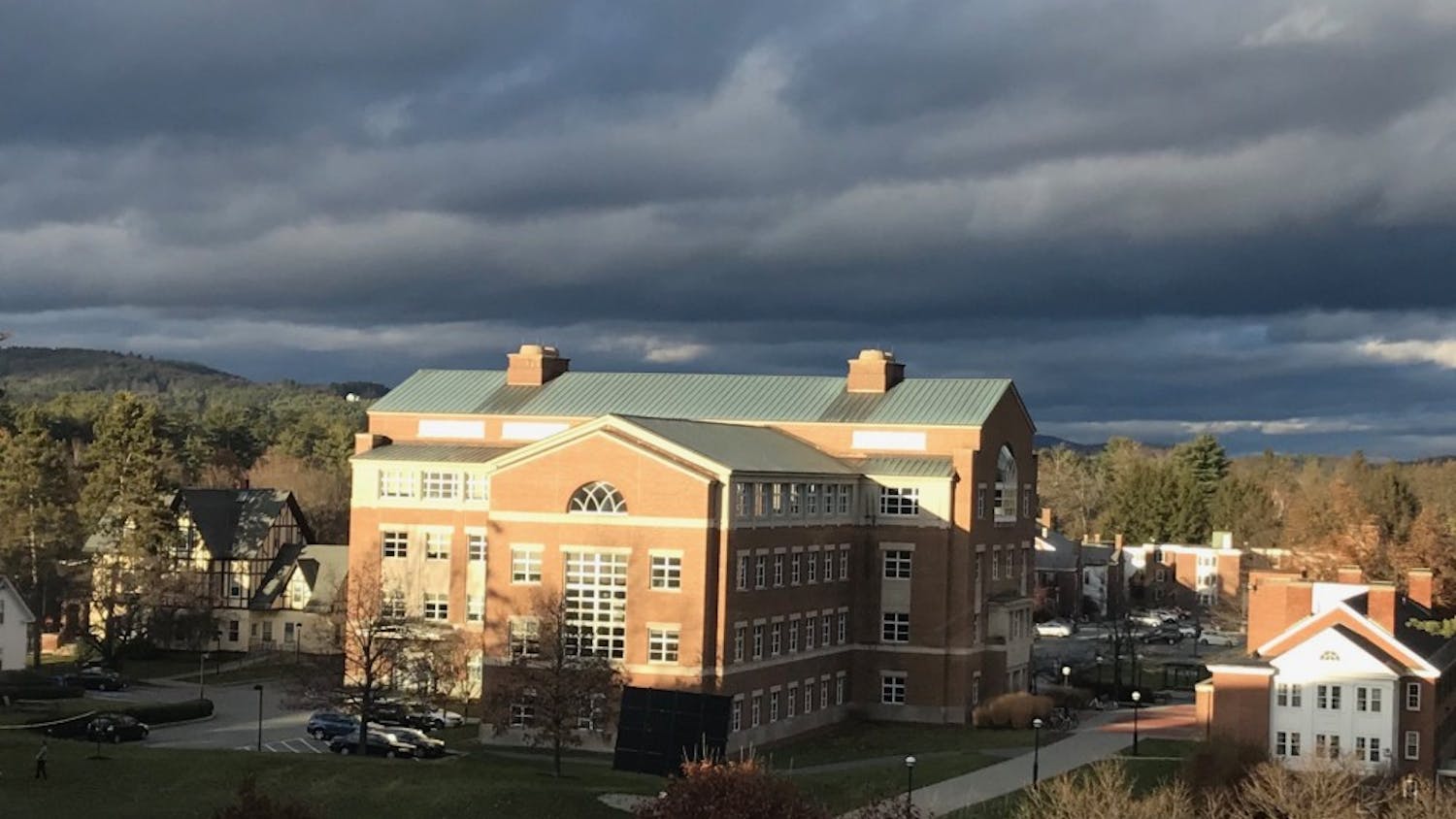African diplomat Solomon Gomes lamented the vestiges of European colonialism and the lack of effective continental leadership in a speech on African peace efforts last night.
Gomes, a special political affairs officer for the Organization on African Unity, gave a speech titled "The Future of African Unity: Peacekeeping and Peacemaking on the African Continent" to about 30 students in 3 Rockefeller Center.
Gomes outlined the problems of creating and sustaining peace in Africa from his perspective of working with the OAU on the continent's developmental problems.
The purpose of the OAU, which is comprised of 53 African nations, is to "promote the unity and solidarity of African states," Gomes said.
Gomes said he hopes South Africa will join the OAU within the next two years.
Africa's instability was created by the powerful impact of 19th and 20th century European colonialism, which was "oppressive in design and racist in outlook," Gomes said.
Gomes said African leaders have dealt poorly with the arbitrary borders and economic structures left behind by colonialism, both of which hampered the development of independent African nations.
"Africa is the richest continent and yet the poorest," he said.
But Gomes expressed hope for Africa's future development. "The day we stand up the world will take notice. In fact we are in the process of standing up."
In 1990 the OAU tried to call attention to problems in Somalia but "nobody listened" until the problem became unavoidable, he said.
Gomes emphasized the importance of early action rather than military intervention in resolving Africa's problems.
"We have to invest in preventive diplomacy. If you are effective you don't have to worry about how many troops you are going to put in Country X or Country Y," he said.
The World Affairs Council presented the speech, which was sponsored by the Rockefeller Center, the John Sloan Dickey Center and the Committee on Student Organizations.



